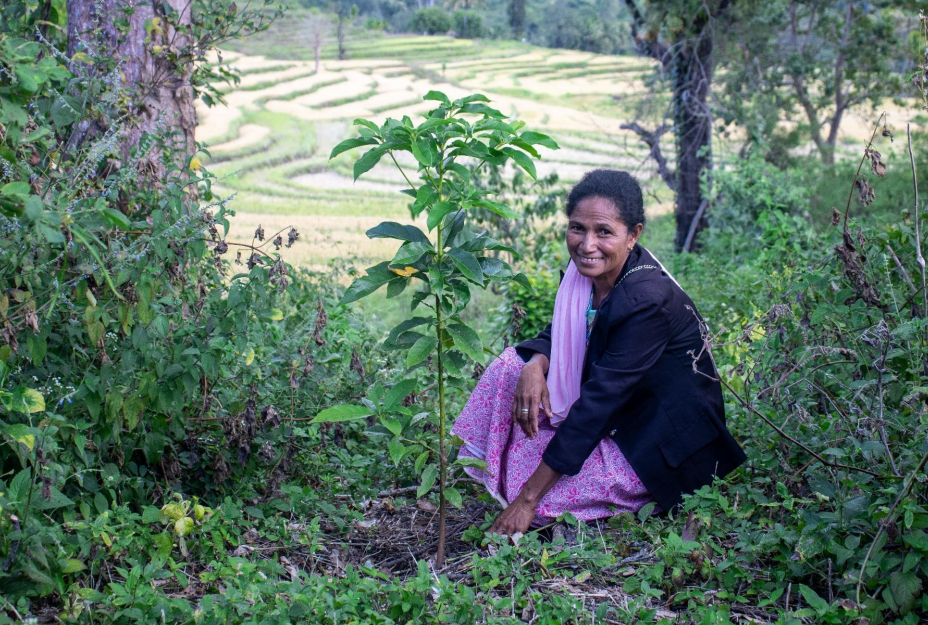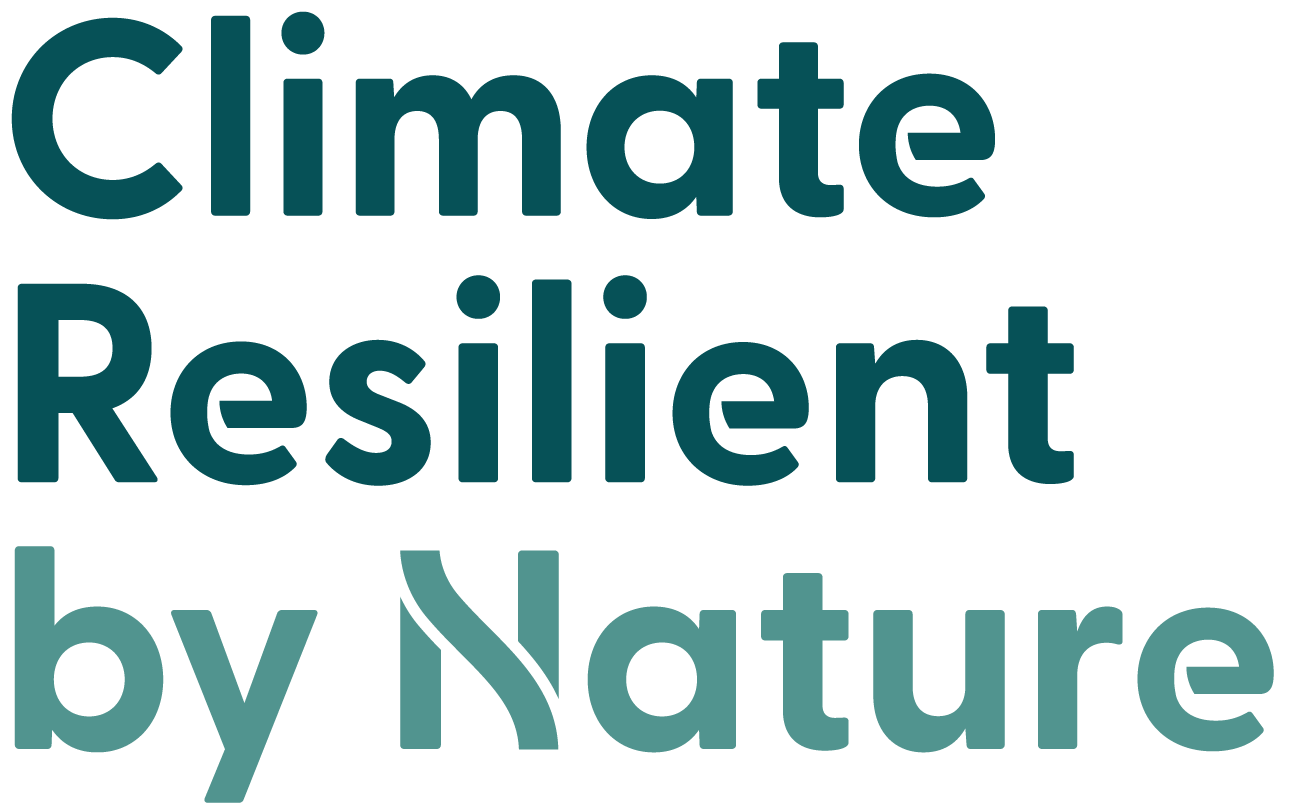
Transforming Rural Lives through Adaptation and Carbon Capture
Harnessing nature-based solutions to reduce deforestation and promote agroforestry in Timor-Leste.
Project partners
Caritas Timor-Leste
Countries
Viqueque farmer, Jose with trees planted through the project © WWF-Australia / Veronica Joseph
Project summary
Natural ecosystems in the municipalities of Baucau and Viqueque in Timor Leste have been severely depleted in the last century through intensive deforestation, slash-and-burn agriculture and heavy rains. This has led to degraded soil, increased frequency of landslides, weakened forest ecosystems and poor agricultural yields.
To address these challenges and reduce deforestation, the project, Transforming Rural Lives through Adaptation and Carbon Capture uses nature-based solutions to promote agroforestry in Timor Leste. The project delivers climate mitigation and adaptation benefits and focuses on individual and community behaviour change formalised through forest management plans that reduce destructive practices and improved forest management. In addition, the project will generate learning about Timor Leste’s ability to engage in carbon crediting schemes.
A partnership with the Aboriginal Carbon Foundation (AbCF) will facilitate farmer-to-farmer exchanges between Timorese farmers and Indigenous Australian carbon farmers to support mutual knowledge exchange, with an emphasis on Traditional Ecological Knowledge practices.
This project is funded under Component 2 of Climate Resilient by Nature (CRxN) via the Pacific Nature-Based Solutions Challenge.
Our approach
Improving resilience of food systems and diversified food sources.
Enhancing livelihoods through the sales of diversified foods and possible carbon markets.
Reducing erosion and risk of landslide.
Key achievements
The project has employed agroforestry practices to support forest management. This covers 187 hectares across 10 sucos in Baucau and Viqueque in Timor-Leste.
73,000 saplings have been distributed to support the implementation of community forest plans and a total of 406 hectares of land are under restoration. Surveys show that almost all community members who have planted fast-growing trees and protection trees over the last 12 months plan to continue to do so.
The project has conducted activities to support individual and community behaviour change to reduce deforestation, tree cutting and slash and burn, and promote agroforestry. 3,537 individuals have been involved in these activities and trainings so far. Further, survey results are starting to show a reduction in tree cutting.
“Through this program, we no longer burn our fields; we just clean the weeds and cover the land, so that it stays fertile and our plants can continue growing…The benefits we get from agroforestry are that we can plant various crops, and many birds now come to our fields. Trees are important in reducing soil erosion and climate change.”
— Gilermina, a farmer from Baucau who has transitioned from slash and burn agriculture to agroforestry.
© WWF-Australia / Thomas Broadhurst



